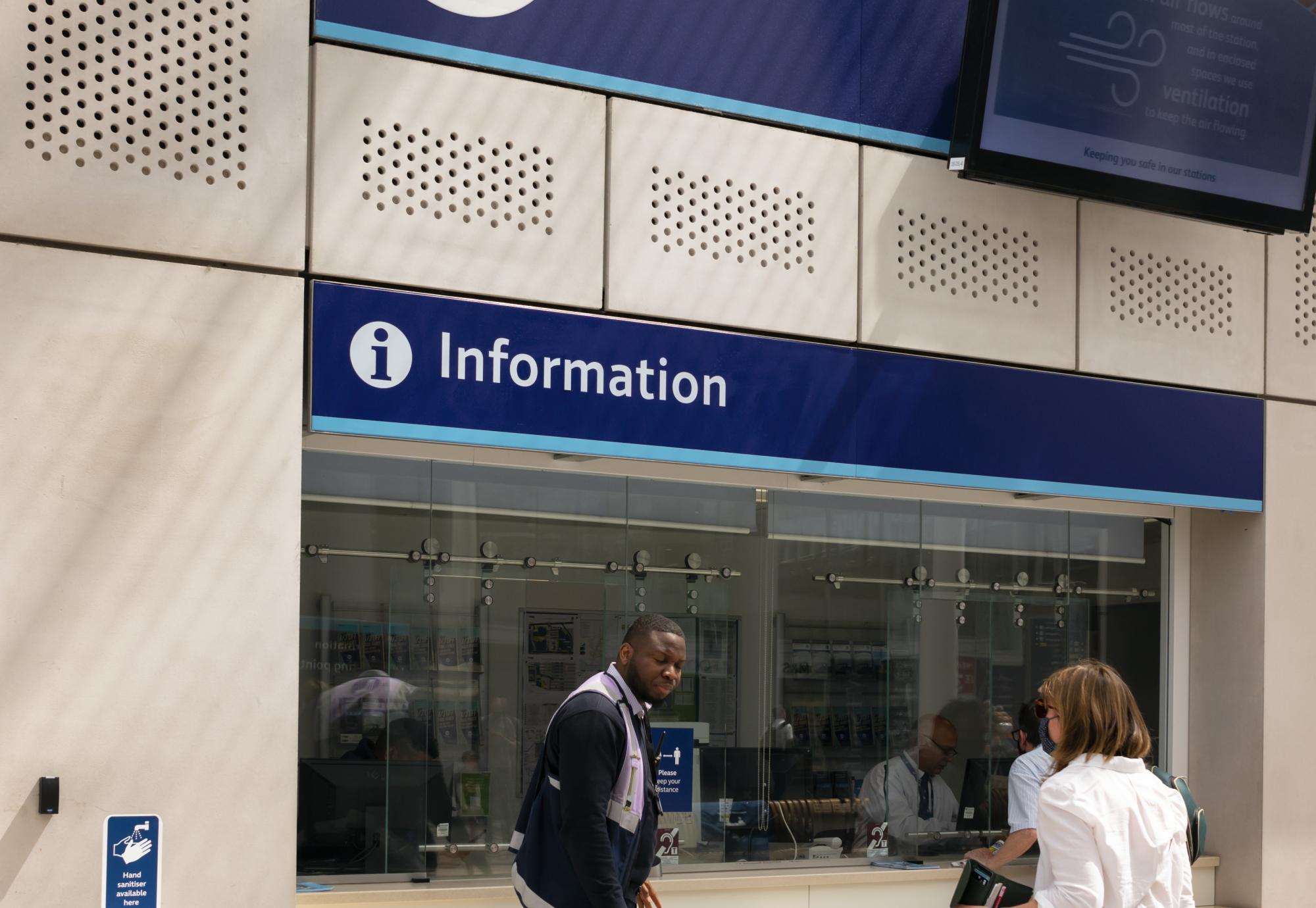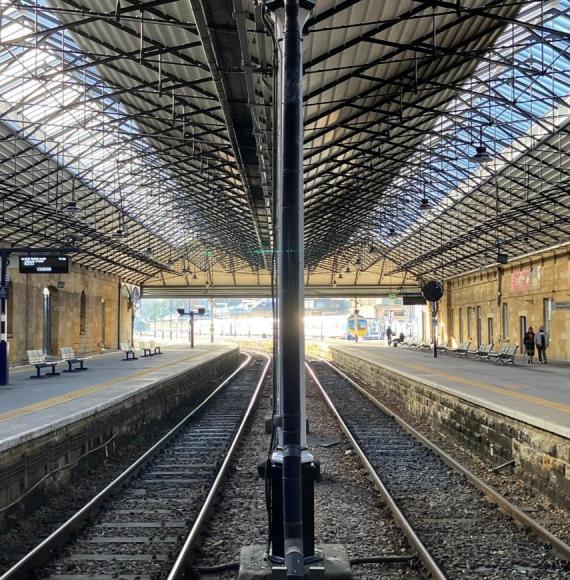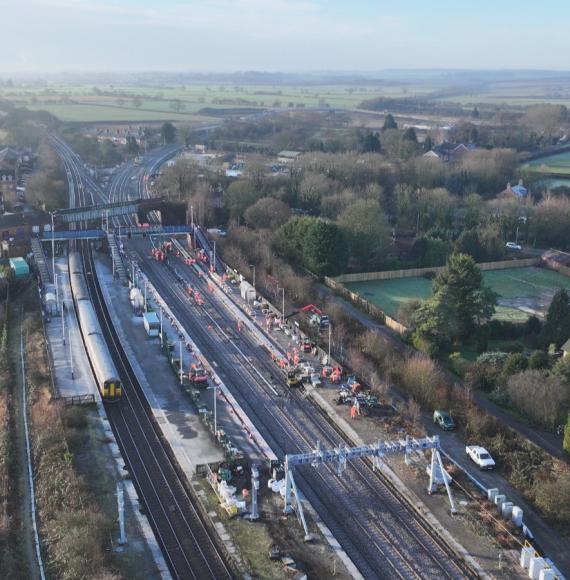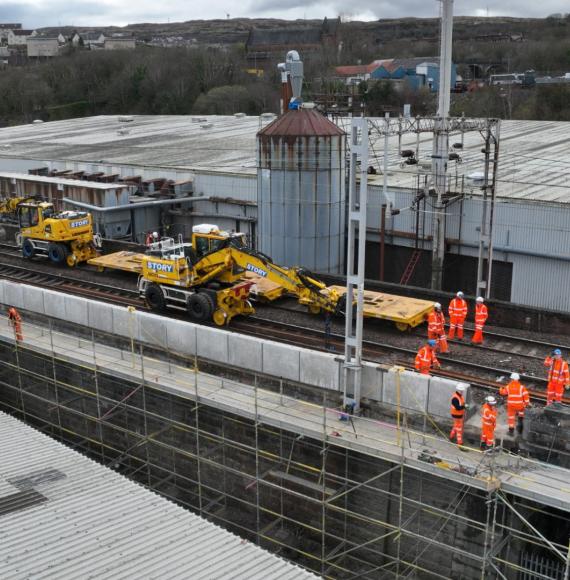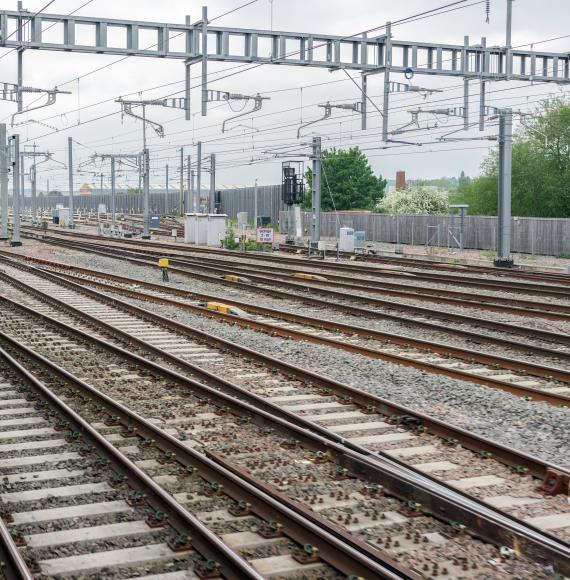The watchdog London TravelWatch has published its report that unveils the dangers that stem from the ongoing digital transformation of the transport sector, revealing that many Londoners are being left behind in the rapidly evolving technological climate.
According to the report, 1 in 6 people in London say they are unable to buy a ticket as they can’t or simply don’t have access to a smartphone or internet connection, leaving an estimated 1.5 million people isolated with their social mobility.
In addition to this staggering statistic, a further 1 in 5 Londoners have reported that due to their limited access to online tickets and mobile apps, they are paying more for their travels. It is particularly troubling that in the current economic and fiscal backdrop, people are losing additional income due to a lack of digital integration within their personal lives.
Those most affected by these concerns are typically aged 55+, more likely to be Disabled people and have a lower income.
Compared to Londoners overall, they are typically older (55+), more likely to be Disabled people and have a lower income. These characteristics often overlap, creating multiple barriers for Londoners who just want to get around the capital freely.
Michael Roberts, Chief Executive of London TravelWatch, said:
“Many Disabled and older Londoners have embraced new technologies in recent years, making it easier to get around the capital. But our research shows that a digital-first transport network disadvantages some of our most vulnerable citizens.
“A one-size-fits-all approach by transport providers does not work for a large section of London’s population. That can’t be right and it’s why we’re calling on decision makers to provide a system that is accessible, affordable and inclusive.
“We want transport operators to step up by pledging to keep prices the same across all platforms - nobody should be disadvantaged financially based on how accessible the technology is.
“We’re also calling for staff to be more visible and available at stations to help those who need assistance. There should be training for staff and mentoring for people who want to learn how to use different ticket options. Transport operators should commit to consult and work with digitally excluded people and communities before any new technology is introduced.”
According to the research carried out for London TravelWatch:
- Only 1 in 5 digitally excluded and disadvantaged people agree that the increased use of technology (such as smart cards, websites, apps or mobile devices) has made it easier to get around London.
- Nearly 4 in 10 within that group say that the increasing use of technology in transport has actually made things harder.
- Older people (27% of those 65+), people on lower incomes (18% of the C2DE socio-economic group, or skilled working class, working class, and non-working) and Disabled people (18%) are more likely to feel this way.
- Digitally excluded and disadvantaged people have much less access to services that help them to travel around London – things like planning information tools, payment platforms and real-time info on timetable changes or journey disruption.
- Support from staff (22%) and information from ticket offices (21%) are the top two ways that digitally excluded and disadvantaged people access the help they need to get around the capital.
The research report, launched today at City Hall, calls for a number of key actions from decision makers and transport providers, including:
- It is vital for transport authorities to maintain and champion the non-digital options that afford passengers with self-autonomy as they traverse the network.
- Train companies and Transport for London should ensure that staff and accessible locations are visible for all passengers, ensuring confidence and support for vulnerable people.
- A dedicated travel mentoring scheme should be implemented, providing support for those who are digitally excluded and disadvantaged.
- Online discounts should also be available offline - no Londoner who is digitally excluded or disadvantaged should be financially penalised when they travel.
- Upcoming changes to services should come in affiliation with specialists in digital inclusion to make sure information is as accessible as possible.
Caroline Stickland, CEO at Transport for All, said:
“This report comes right on time for Disabled Londoners as passengers are increasingly forced to rely on digital planning and ticketing. But if the barriers to these digital options are not addressed then Disabled Londoners risk being excluded from transport completely.
“This report demonstrates the urgency with which these barriers need to be tackled, as well as the ongoing importance of staff support. A “modern” transport network must be one that is accessible for all.”
As the transport industry acts to recoup losses in revenue from declined passenger numbers, that have stemmed from the recent pandemic restrictions, it is vital for the future economic and social growth of London that authorities encourage everyone to utilise public transport offerings.
Through the ongoing digital revolution of the UK transport sector, we are experiencing newfound conveniences through online and app based purchasing of tickets, however through this ease of access for most, we must ensure that inclusion for everyone is at the forefront of growth.
Inclusion must come at the forefront of the ongoing digital revolution.
John McGeachy, Senior Campaigns Officer at Age UK London, said:
“The world is slowly waking up to the impact of digital disadvantage but there remains a real lack of understanding about how this links to aspects of people’s lives such as the ability to access the transport network.
“Good public transport can make a huge difference to quality of life, especially for older Londoners, and when there are barriers to travel, we need to have an honest conversation about who is affected and how. It is fantastic that London Travelwatch is shining a light on transport and digital exclusion in the capital. The need to act has never been more important.”
To read the full report, please click here.
Want to know more about the opportunities to become a key supplier to the UK rail industry? Attend TransCityRail and access an exclusive marketplace of buyers from Network Rail, HS2, Train Operators, Major Contractors, and all other tiers of the supply chain. For more information and to secure your place click here.

